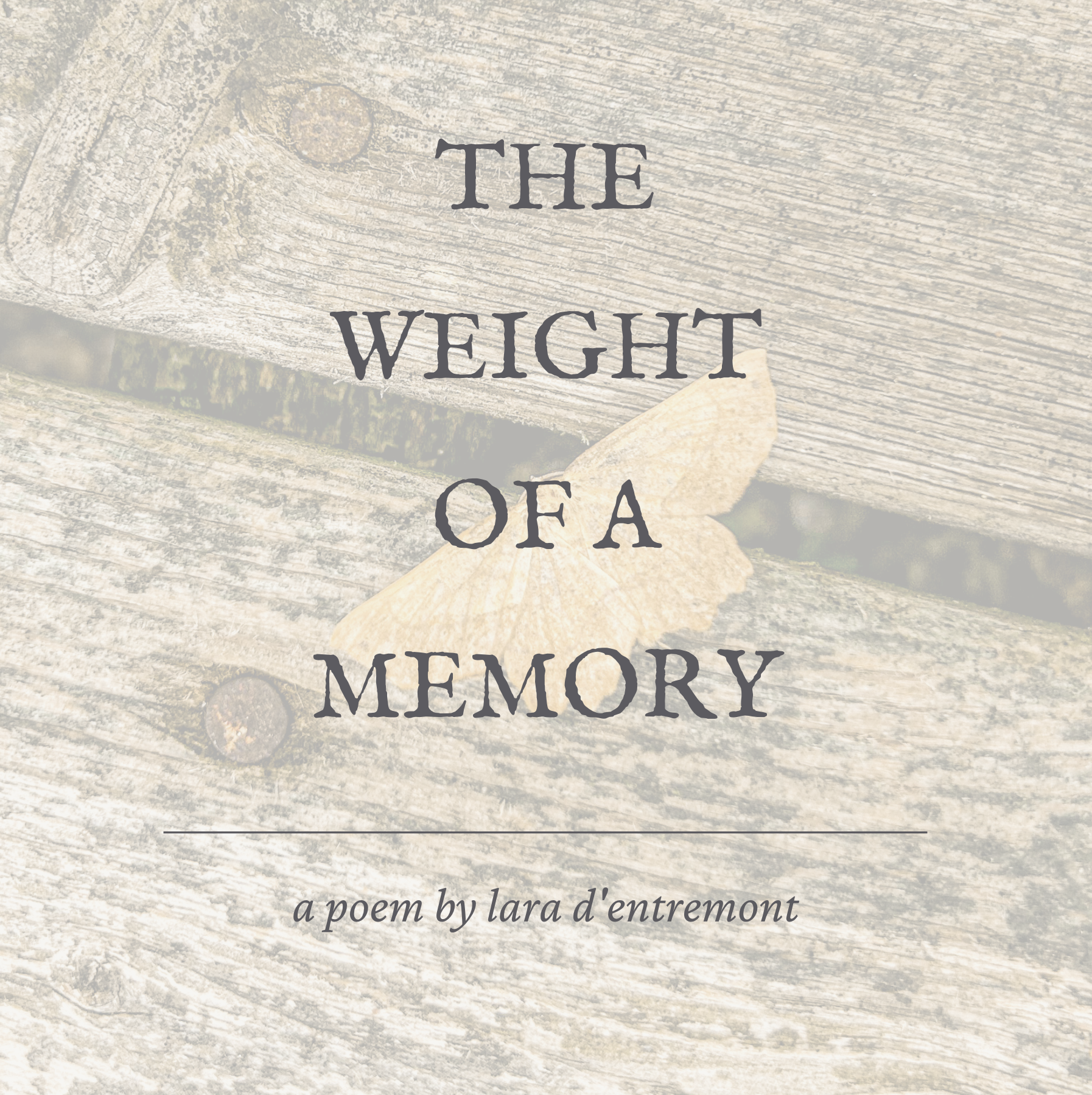The Sorrow of Comparing Suffering
I rubbed the tears from my eyes and reminded myself of the positive. At least it’s not as bad as she has it. Why am I even crying? There are so many people who have it worse than me. Really, I don’t have much reason to be sad at all, compared to them. I just need to get over it. And so, I rubbed away the last of my tears, dressed my face up with a smile, and found a pile of laundry awaiting me in the back porch.
Maybe you’ve found yourself in a similar place. Perhaps you are a mother facing post-partum depression feeling guilty for her sadness because at least she has a living child. Or a wife trying to cover up her sobs because at least her husband’s cruel words don’t leave bruises. Or a woman hiding her grief over her latest diagnoses because it’s not as bad as that lady in church. And so the comparisons continue, and so suffering is minimized, and so true sorrow is neglected.
While finding joy in the Lord and trying to see the good that he is doing through our trials is right and godly (Jas. 1), it should never be to the negligence of our own grief. Joy and sadness can be held in tandem and both experienced in a righteous manner—but comparison of suffering only leads to further sorrow.
A Quick Theology of Emotions
God created us with emotions as part of our being made in his image. God has emotions—he rejoices, becomes angry, feels sadness—and since he is perfect, his emotions are always perfectly expressed. Though emotions in our imperfect hearts can become sinful, they in themselves are not inherently sinful. They are a gift from God to be used to glorify him. Emotions don’t need to be stifled, but can be expressed in a glorifying way. Consider the Psalms—emotions of fear, despair, excitement, dread are illustrated, but in a God-exalting manner. We can be exuberant with joy, quake with fear, and cry in lament without sin.
All of this to say, stifling our emotions because they don’t compare to the sorrow of another, isn’t necessarily always the obedient choice. We are free to feel and express our pain before God in a way that honours him—not because our pain is comparable to another, but because God has gifted us with the ability to feel those emotions. He has given us not hearts of granite, but hearts of flesh that feel stings, scrapes, bruises, and wounds. And we are free to place that before God.
A Disregard for the Giver of All Good Things
God is not only our Creator, but he is also the Orchestrator of each of our life events. He gives and takes away, and his name is still blessed (Job 1:21). He withholds no good thing (Ps. 84:11), and gives all that is good for our sanctification and his glory (Rom. 8:28–30).
We know this to be true—it’s repeated constantly. Yet when we compare our suffering with the trials of our brothers and sisters of the faith, we say that none of that is true anymore. When we come to the root of the problem, there’s a heart that says, “What God has given me isn’t good,” or, “What God has given them is not the right gift.” We show distain for God’s wisdom in his choosing of what he saw fit for us and saw fit for them. We show disregard for the Giver of all good things. We say the awesome Orchestrator who set the world in motion no longer knows what he is doing with my life and theirs. And suddenly we are believing a sorrowful lie about the good and gracious God.
Suffering Well in Community
Rather than hiding behind closed doors and crying in the shower where no one can hear us, let’s choose to suffer together in community, and to do so well. Rather than comparing our suffering to one another, let’s weep with those who weep (Rom. 12:15). Let’s cry together for the pain we feel and raise clasped hands in worship to our King who is with us even still. Let’s preach the gospel to one another through tears, and no longer hide our fears. Let’s suffer, let’s suffer well, together as a church, not individuals. Let’s show the world how the church is not a corporation, a building, or cult, but one body who feels the weakness of another, yet continues to hold together and follow the Head.









